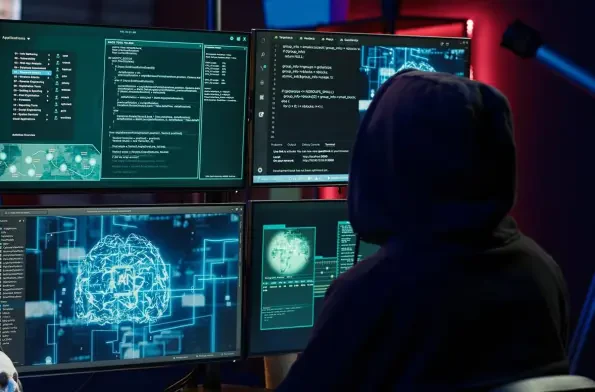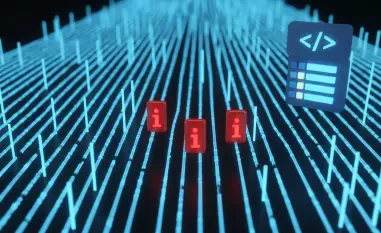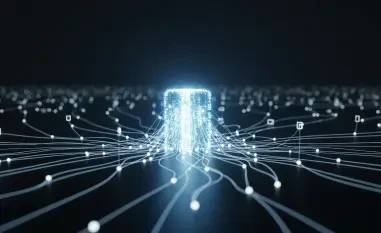The Trump Administration is taking a stronger stance on cyber retaliation against Chinese cyber-attacks on critical U.S. infrastructure, specifically targeting advanced persistent threat (APT) groups like Volt Typhoon and Salt Typhoon. This shift in policy underscores a more assertive response to nation-state cyber intrusions, which were previously unaddressed, raising concerns about normalizing such aggressions.
Alexei Bulazel, Senior Director for Cyber at the National Security Council, emphasizes that past administrations hesitated to confront these cyber threats, potentially jeopardizing private sector defenses. The threat from Chinese actors is particularly concerning, with Volt Typhoon’s sustained infiltration into the energy and water sectors likened to acts of terrorism. Bulazel criticizes the tendency to hold victims responsible instead of recognizing the complexity and sophistication of these attacks.
The focus is on diminishing adversary capabilities after an intrusion occurs and strengthening government-private sector collaborations to address and mitigate vulnerabilities. Proposed reforms to the Cybersecurity and Infrastructure Security Agency (CISA) seek to enhance its effectiveness by concentrating on its core missions of cybersecurity and infrastructure security. Bulazel’s statements illustrate a consensus on the importance of deterrence, robust defense strategies, and a unified government approach to navigating the increasing threats in the international cyber arena. This development highlights the evolving strategies necessary to confront and manage global cyber challenges effectively.













